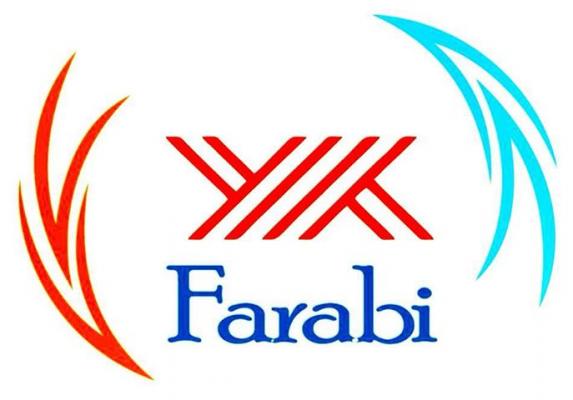Farabi (870-950)
Farabi was born in Farab city of Turkestan in 870. He visited the important science centers of the time such as Bukhara, Baghdad, Damascus, Cairo, Harran and Aleppo. He wrote works in the fields of philosophy, mathematics, logic, political science and music. He has a reputation that is comparable to Aristotle, who is called Muallim-i Evvel (First Teacher) in the field of philosophy in the Islamic world, and is called Muallim-i Sani (Second Teacher). He is known as "Alpharabius" in the western world.
What is Farabi Exchange Program?
The Student and Faculty Member Exchange Program between Higher Education Institutions, which is briefly called the "Farabi Exchange Program", is a student and faculty exchange program between higher education institutions that provide education at associate, undergraduate, graduate and doctoral levels within universities and high technology institutes.
- Farabi Exchange Program aims to enable students or faculty members to continue their education and training activities in a higher education institution outside their own institution for one or two semesters.
- Students participating in the Farabi Exchange Program receive free scholarships, and faculty members are paid additional tuition.
- The principles regarding the implementation of the Farabi Exchange Program have been determined in detail by the Regulation, Principles and Procedures.


